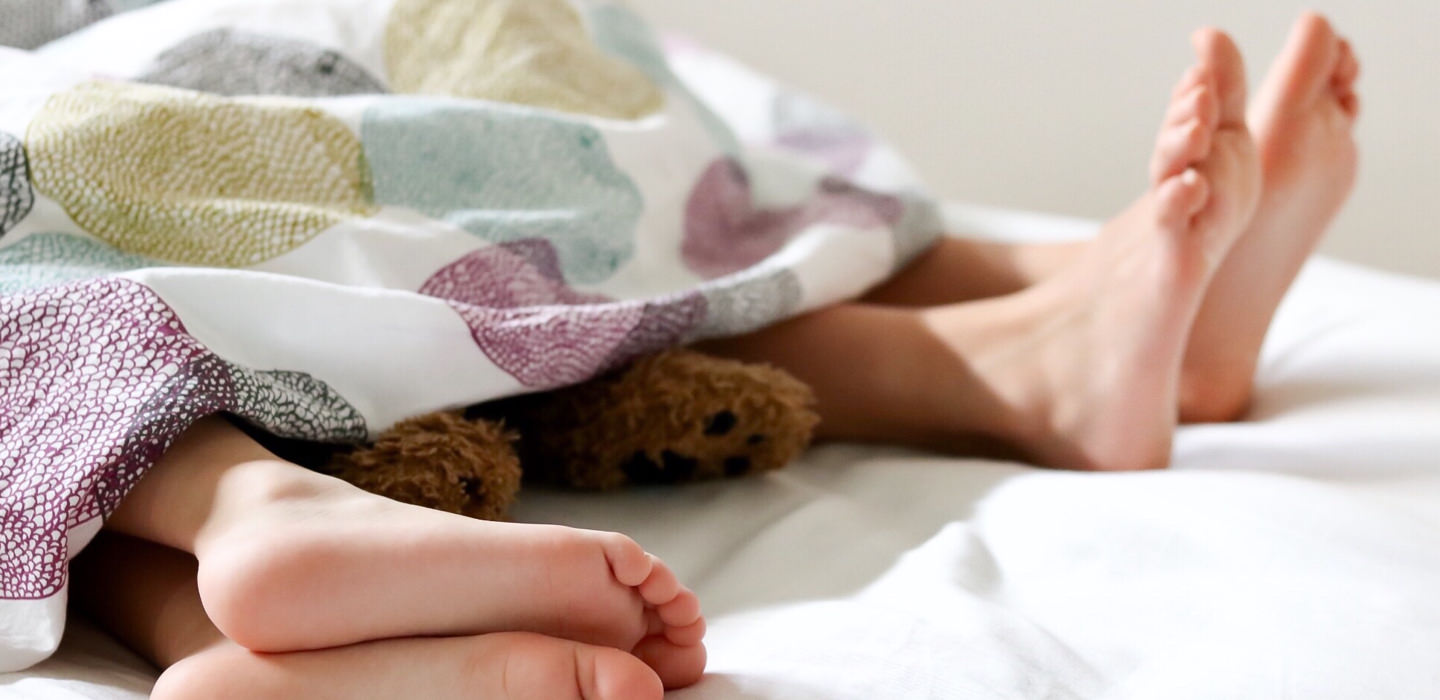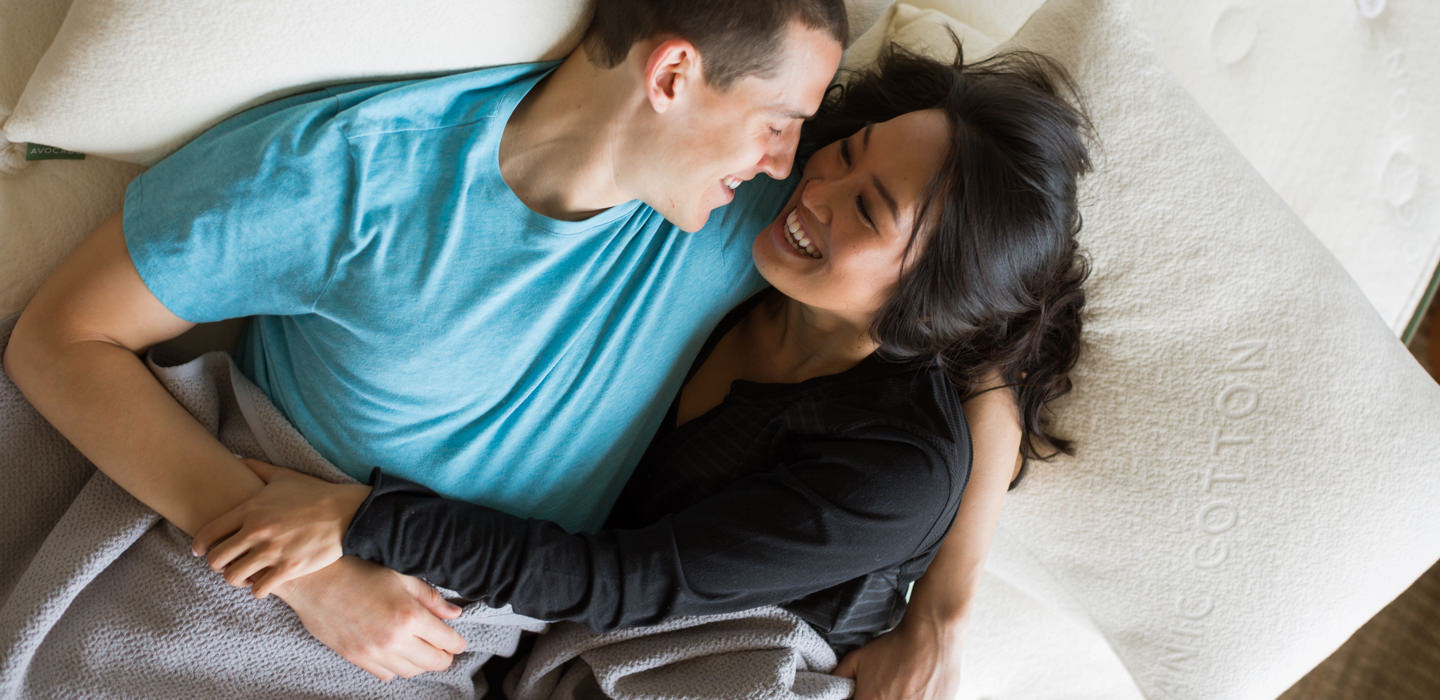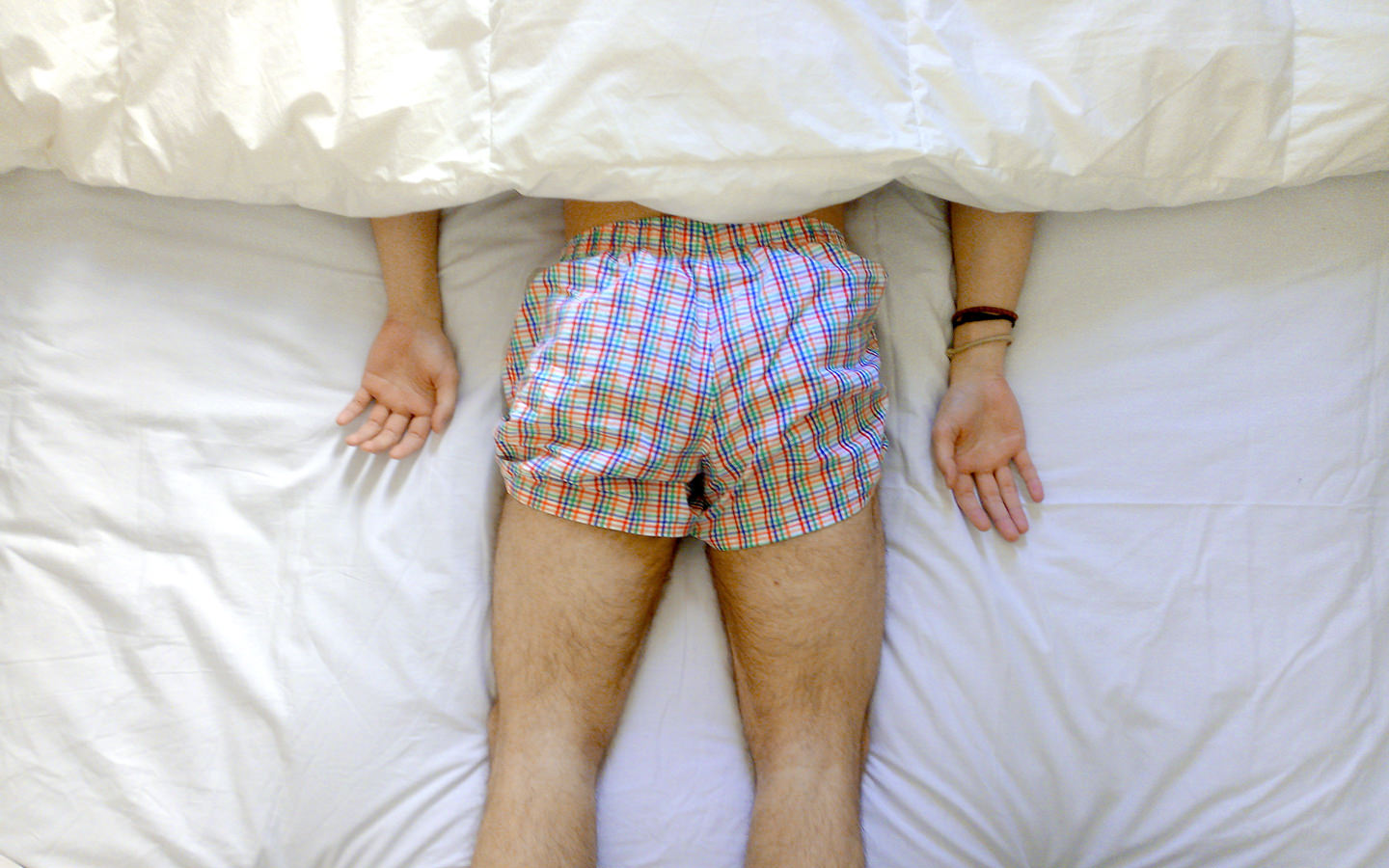We are a hamster wheel society. Go, go, go. Work, work, work. We have things to do, places to go, and people to see. And sleep? Well, we’ll just get what we can, when we can.
Most people are looking to get the bare minimum they need to function, so that they can fill every other waking hour of their days with conquering their businesses, running their households and tending to their families.
Go forth and conquer, but do so on a full night’s sleep and truly have the presence of mind to own everything you do. But how much sleep do we really need?
What the Science Says
The American Sleep Association has long said that between seven and nine hours of sleep every day is ideal for most adults, with children and infants requiring significantly more and the elderly requiring slightly less.
Maintaining a nightly routine that puts you to bed in time to get your seven to nine is going to put you on track for increased brain function, more responsive motor skills, and overall better mental health. So make getting yours a priority that never gets sidelined.

What Your Body Says
Of course, like everything, how much sleep you need is entirely dependent on your own biology and lifestyle. A person with a particularly hectic and stressful lifestyle may actually wind up (frustratingly) requiring more, while someone with a relatively low-key, sedentary life may need less.
Additionally, pregnant and nursing women will typically require more, since their bodies are actually burning more energy throughout the day.
In short, listen to your body. If you’re tired, sleep, and if you’re feeling alert, then use that energy to do something physical and productive.
What Happens When You Don’t Get Enough
An interesting thing happens when we don’t get enough sleep.
It is a lot like going into debt — one payment of sleep isn’t necessarily going to make up for the debt you’ve accrued, depending on how big it is, and you could actually wind up running on what’s known as a sleep debt.
For this reason, it’s important to note that a consistently chaotic life of limited and sporadic sleep cannot be made up with a long weekend of sleeping in. Your body and mind will likely still continue to exhibit some of the same symptoms as before, and the restful effects will be fleeting and temporary.
Symptoms of Sleep Deprivation
We can probably start off by saying pretty conclusively that sleep deprivation affects nearly every part of your biology, from your growth and development to your mood, and even your blood sugar. The symptoms of sleep deprivation vary greatly depending on the extremity, but can include:
- Hunger
- Moodiness
- Heightened risk of diabetes
- Inhibited cell regeneration
- Cognitive challenges
- Difficulty concentrating
- Muscle cramping
- Weight fluctuation
- Psychosis
Some of these symptoms are a bit alarming to consider, but while some might be for more extreme cases, there are a remarkable number of people leading ordinary lives that come dangerously close to the line.
Alternative Sleep Schedules
If your schedule is too chaotic for a standard 10 p.m. to 6 a.m. sleep schedule, there are alternative schedules that allow for more flexibility, provided that your body can adapt.
In many cultures, it’s very common to have a midday nap, or siesta, where for one to three hours you would take a nap, and either stay up later or wake up earlier. This is known as biphasic sleeping, and for those that prefer an unconventionally early rise or late night, it’s a nice way to ensure you’re still getting enough sleep.
A Lesson in Prioritizing Self Care
Once upon a time, I was busy — too busy, even for sleep. With a young child and a burgeoning career, I decided I was going to sleep three to four hours a night, and and get even more done than ever before — and I was right.
My career thrived, I got so much done, and I functioned relatively well. At least for the first month or two.
However, after nearly three months of this schedule, I was having bizarre symptoms: sudden bouts of dizziness, seeing stars, irregular menstrual cycles even. I went to the doctor and discovered my body had entered a prediabetic state, and was having a difficult time regulating its blood sugar, which in turn explained my irregular cycles.
All of this, just from lack of sleep. I’m still making up for the deficit from this long stint of deprivation, but it served as an important lesson: no matter how busy you are, you can’t cheat the necessity of sleep.

How to Get a Better Night’s Sleep
Here are a few things you can do to ensure that not just the quantity, but the quality of your sleep is consistently high enough for your body and mind to perform at its best:
- Keep the room cool
- Remove electronic devices from the room (that’s right — get an old fashioned alarm clock)
- Sleep on a firm mattress with good airflow (memory foam isn’t ideal)
- Use a fan or white noise machine
- Dim the lights in your home an hour or so before bed
- Exercise for 20 minutes or more every day
Create a sleeping environment that’s free of distractions, and condition your body to follow a rhythm that sets up up to get the optimum amount of rest every night. If you don’t have a peaceful place to sleep, then create one — because nothing is more important than getting a good night’s sleep.
Does any of this surprise you? What are your tips for a good night’s rest? Continue the conversation on Facebook or Instagram by tagging us with @avocadomattress or #avocadomattress.

Shop Pillows
The Essential Organic Pillow Collection
Gentle, breathable, non-toxic support.






